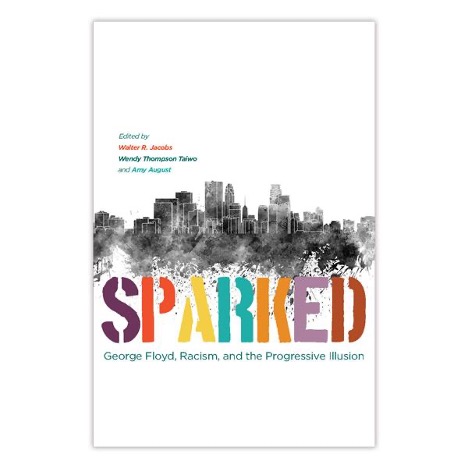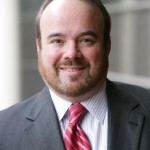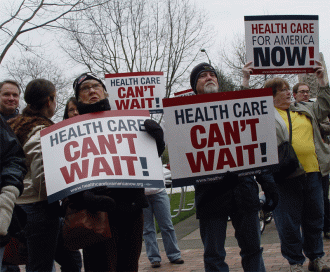
Hey, hey, Everybody. Happy summer!
We’re writing to you from Los Angeles, California, the site of the annual American Sociological Association meetings—the first in-person gathering of the post-Covid era. We’re not sure how many of you will be able to join us, but whether we see you face-to-face or not, we want all of you—our friends and colleagues, contributors, readers, and alumni alike—to know that this is a kind of big year for The Society Pages. 2022 marks the 10th anniversary of our site! Not bad for a shoe-string, limited liability operation headed up by two sociologists whose business plan included no revenue plans and relied almost exclusively on the energy, enthusiasm, and good will of a volunteer graduate student board. Anyway, happy birthday to us!
We‘ve spent the past few months reconnecting with our alums and reflecting on our work (and play) together the past decade. Over the coming fall months we will share highlights, memories, and reflections of these exchanges and our journey together. On the occasion of the ASA meetings, we thought we’d tease just a few of those highlights here.
TSP/Norton edited volumes
One of our first big projects (and a key source of social and financial support) was a series of edited volumes drawn from site content and contributors with WWW Norton. This collaboration resulted in a half dozen books on topics ranging from culture, crime, and race to politics and gender. We’re delighted that several of these collections are in use, including the methods volume Kyle Green and Sarah Lageson produced out of their fabulous TSP podcast “Give Methods a Chance.”
Partner & Community Pages
One of the chief functions of our site is to provide a platform for various sociology and social science sites, blogs, and projects to do their thing. The lineup has changed over the years and some of the most avid readers of these sites may not even realize the backstage role TSP plays in hosting them. But we have been proud to help launch and host sites including Contexts.org and the Scholars Strategy Network, to the Council on Contemporary Families (CCF), Sociological Images, Backstage Sociology, and Dispatches from a Dean. Indeed, if you have greatest-hit favorites from these sites that you think we might repost this fall, please let us know!
Graduate board
Our graduate-student run board remains the beating heart of TSP. Most of the original content published on our home page is conceived of, written, and edited by University of Minnesota graduate students. It offers us a chance to connect directly with the future of public sociology. It also serves as an important community for graduate students, a place to connect and share wisdom during the sometimes-lonely PhD journey. We’ll be sharing a few of our favorite pieces from our graduate board over the past decade, but especially want to give a shout-out to the backbone features that constitute the backbone of these efforts: “Discoveries” which tracks new and exciting research in the field, and “There’s Research on That” (TROTs, for short) which provides references for and brief snippets of sociological research and writing. Both share research with an eye toward public conversation and media coverage of current events and contemporary social problems.
TSP Alumni Features
Our graduate board spent the last semester reaching out and conducting brief interviews with some of our noted alumni. These conversations offered current students the chance to connect with board alums who have taken the TSP perspective out into the field as professors, community-based researchers, and alt-ac professionals. We’ll be sharing insights and memories from our alumni as well as highlighting the important public work they continue to do.
So look for all that—and more—in the months ahead! Join us in celebrating our milestone. And thanks to all of the colleagues, contributors, alumni and staff—including web editor Jon Smajda and the indomitable Letta Page, the former TSP-editor and current Contexts managing editor—for all you have done to publicize, support, and use our site over these past 10 years. We are grateful beyond words.
With all the best that sociology has to offer,
Doug and Chris







